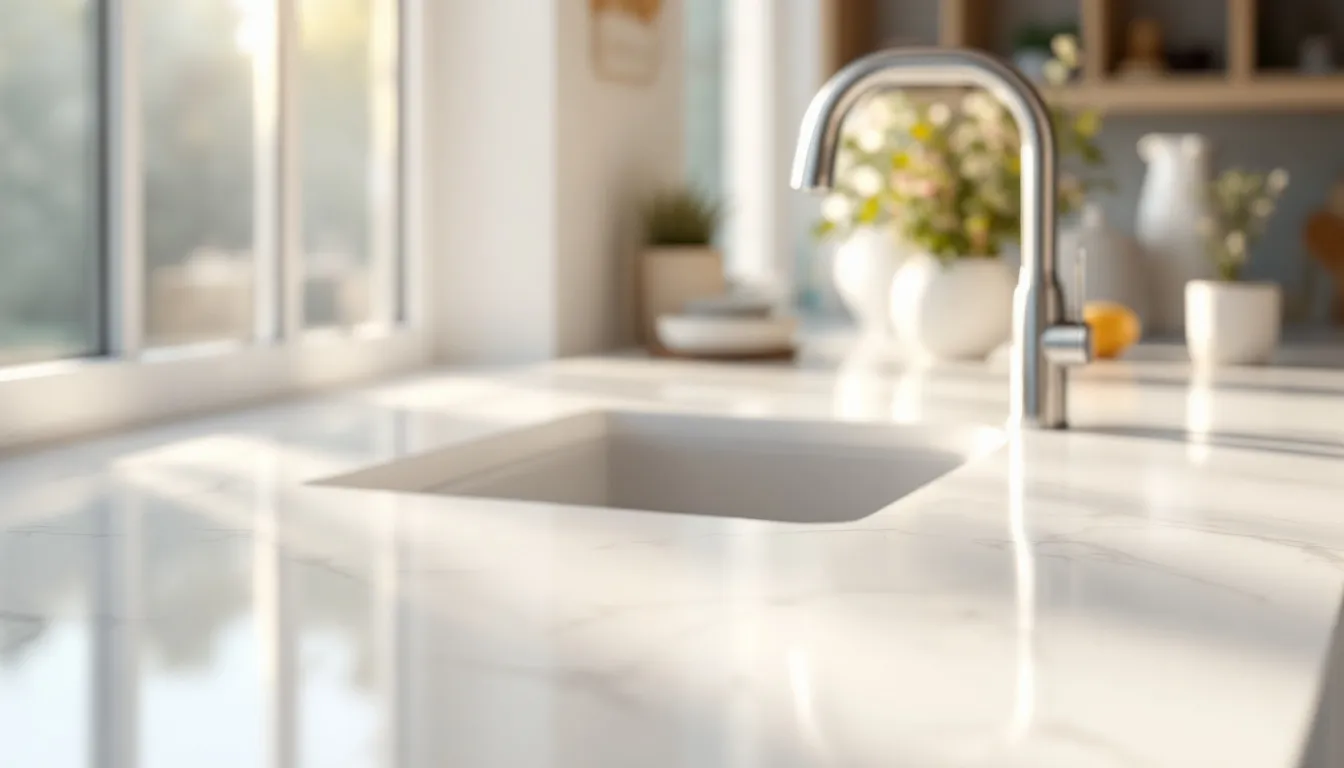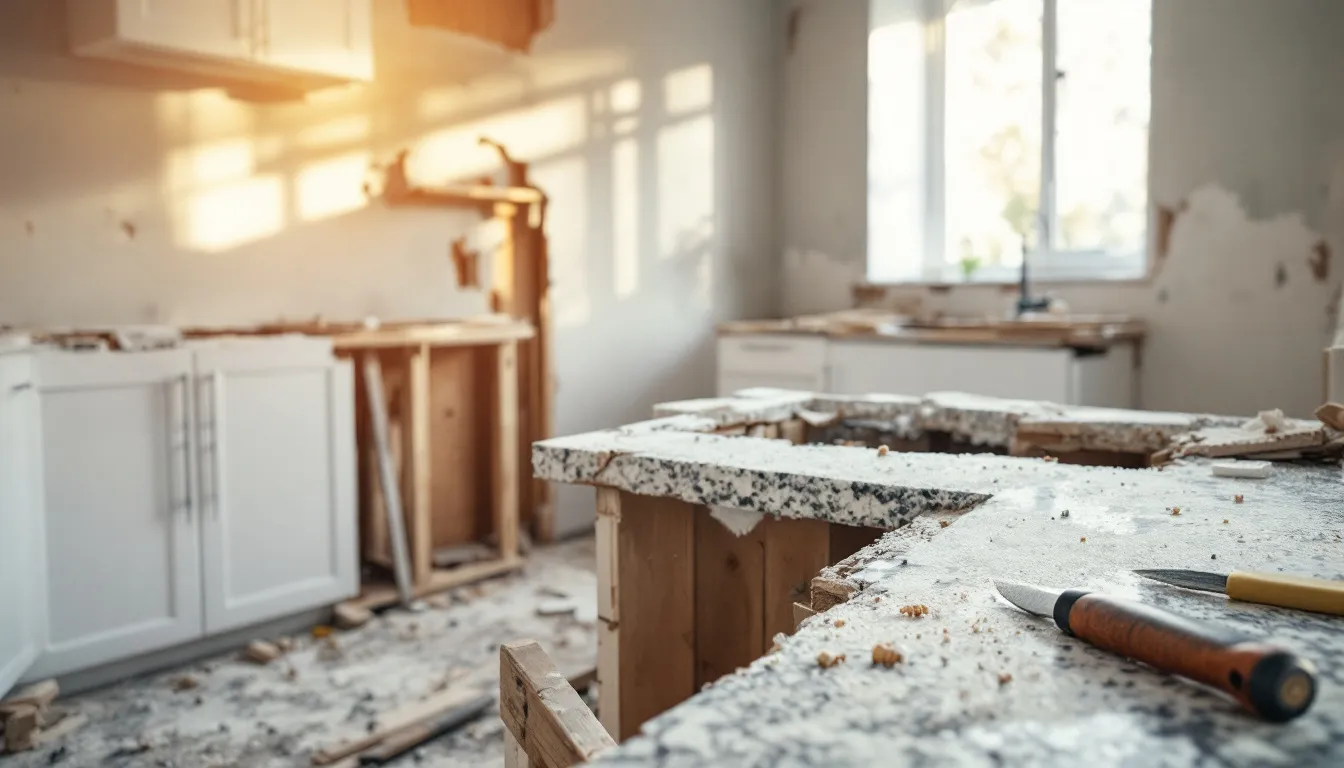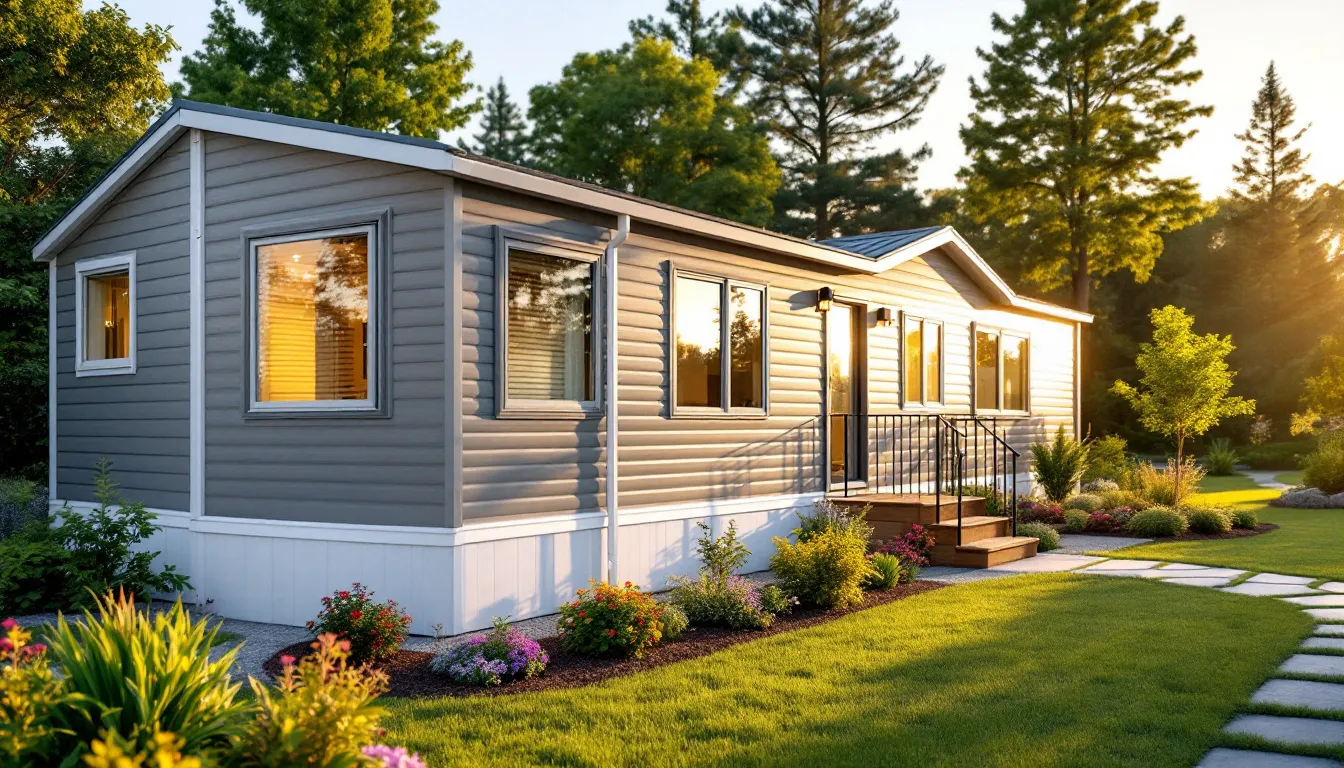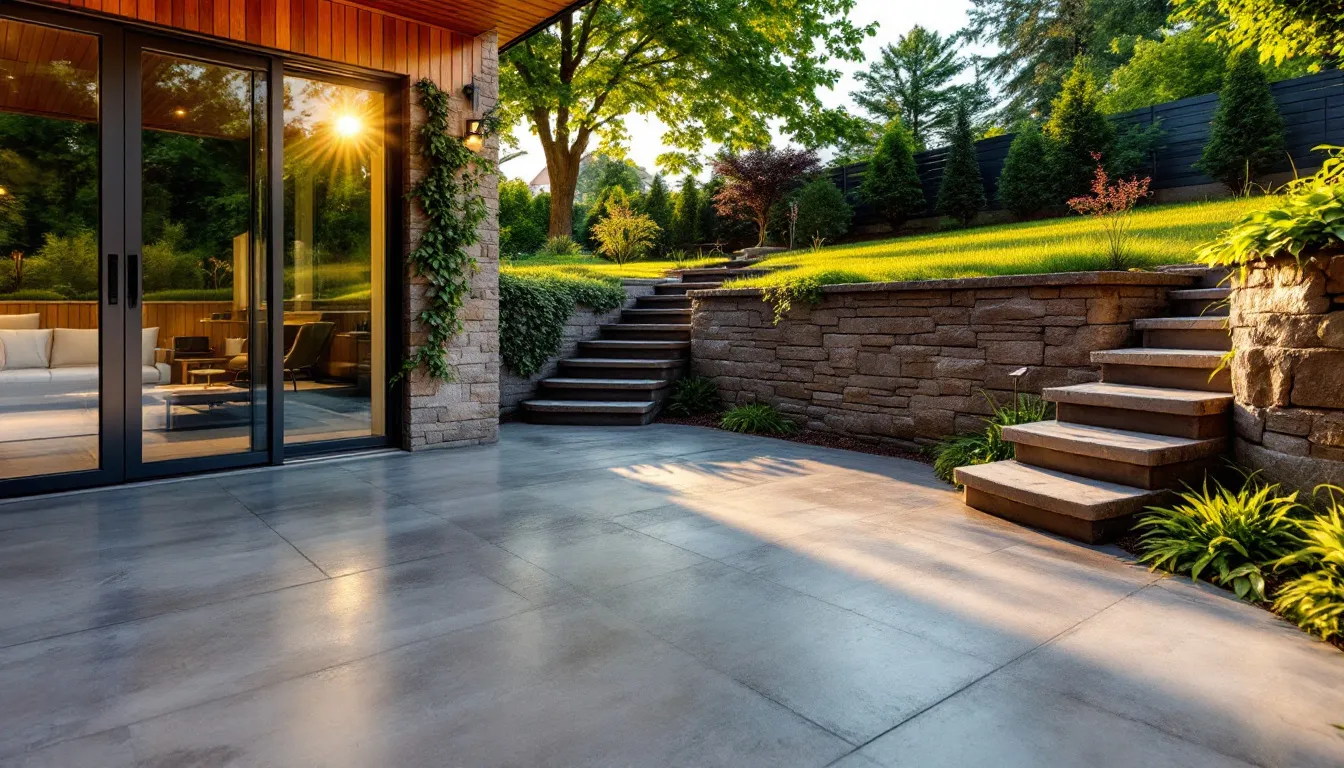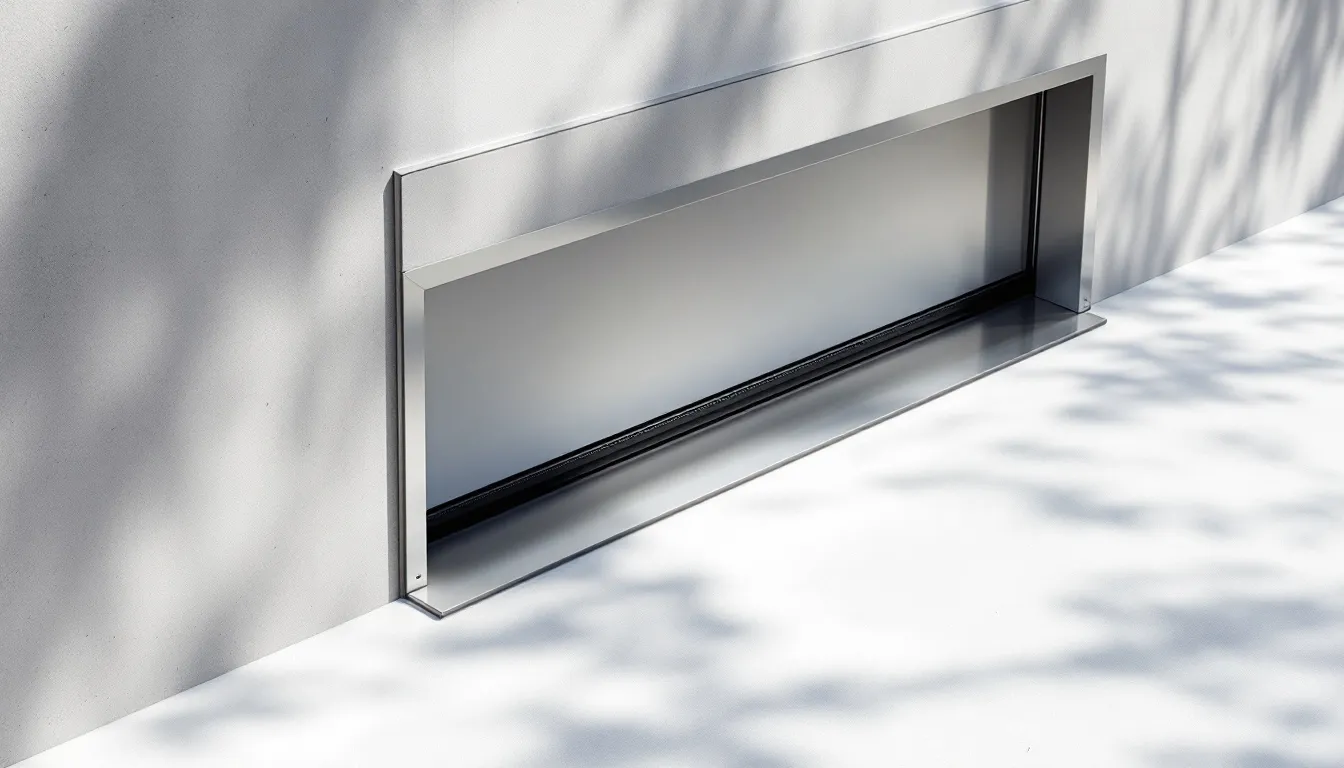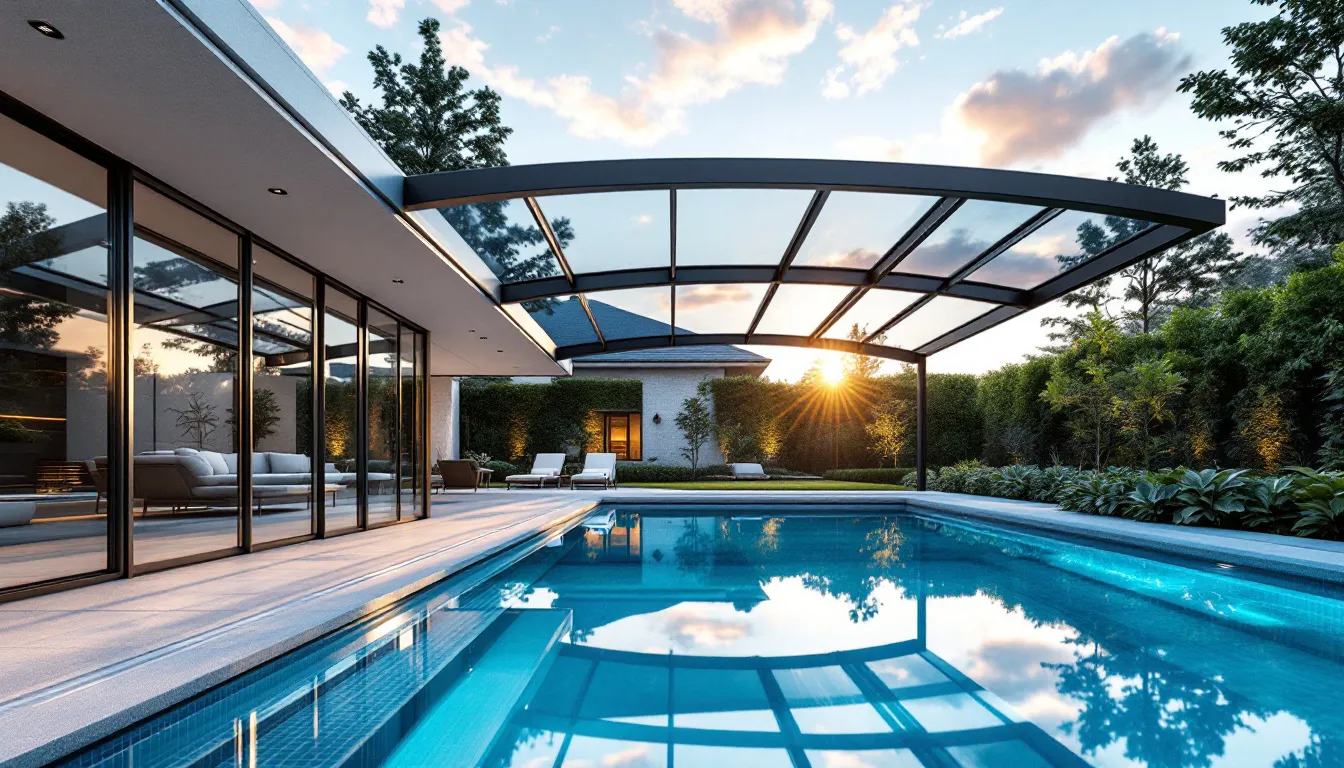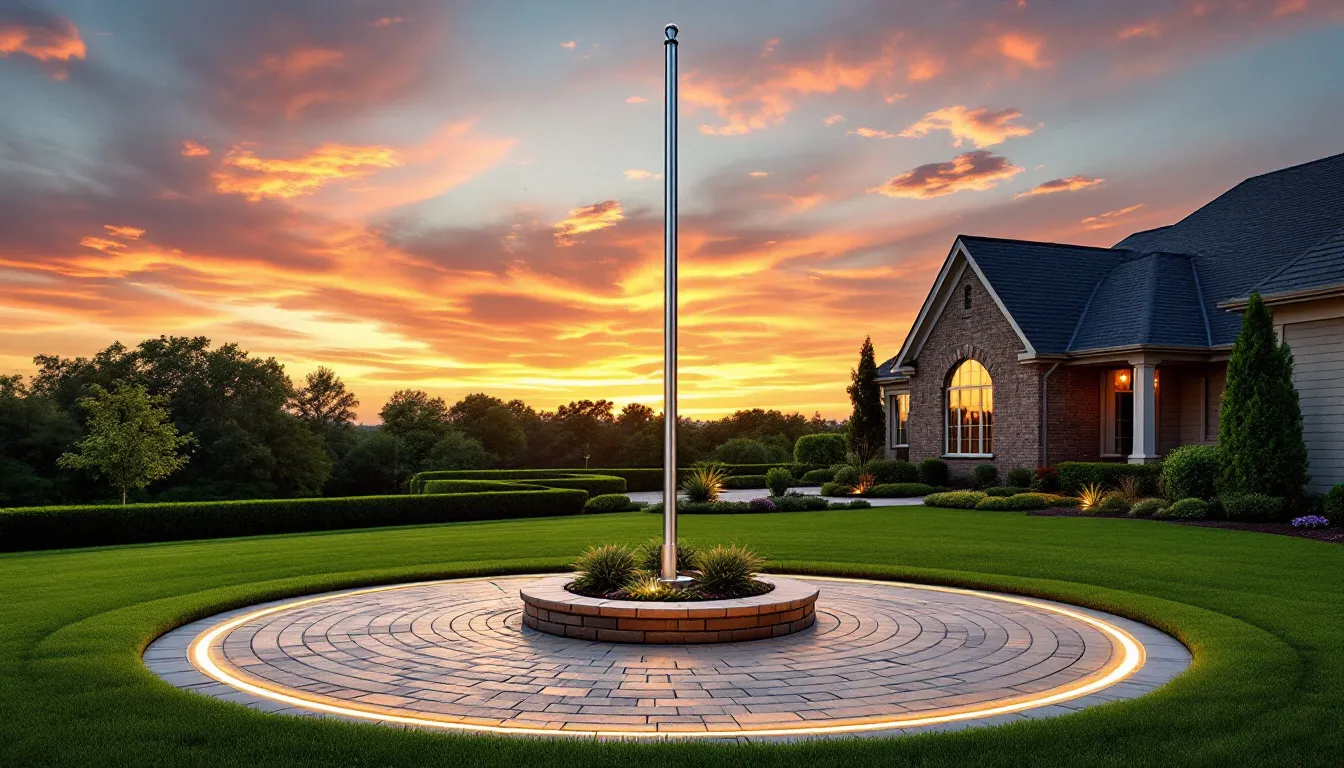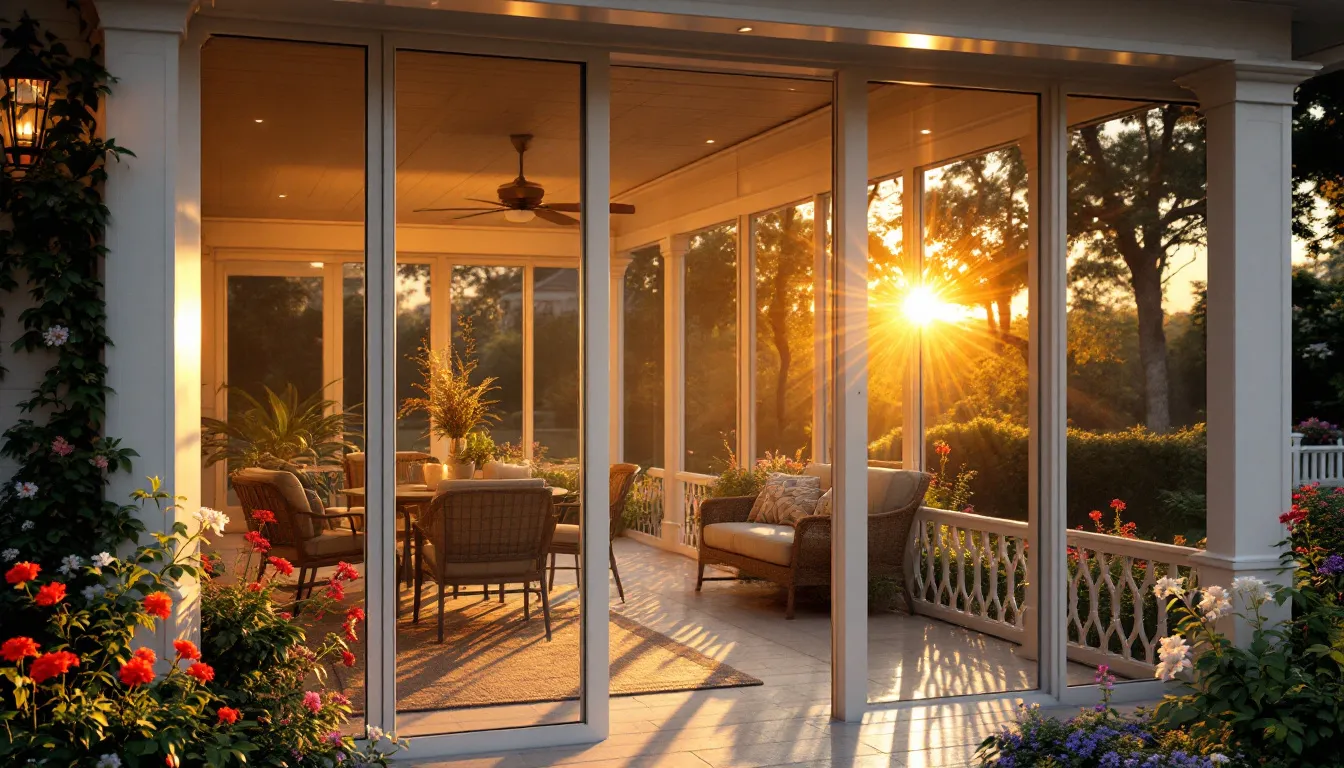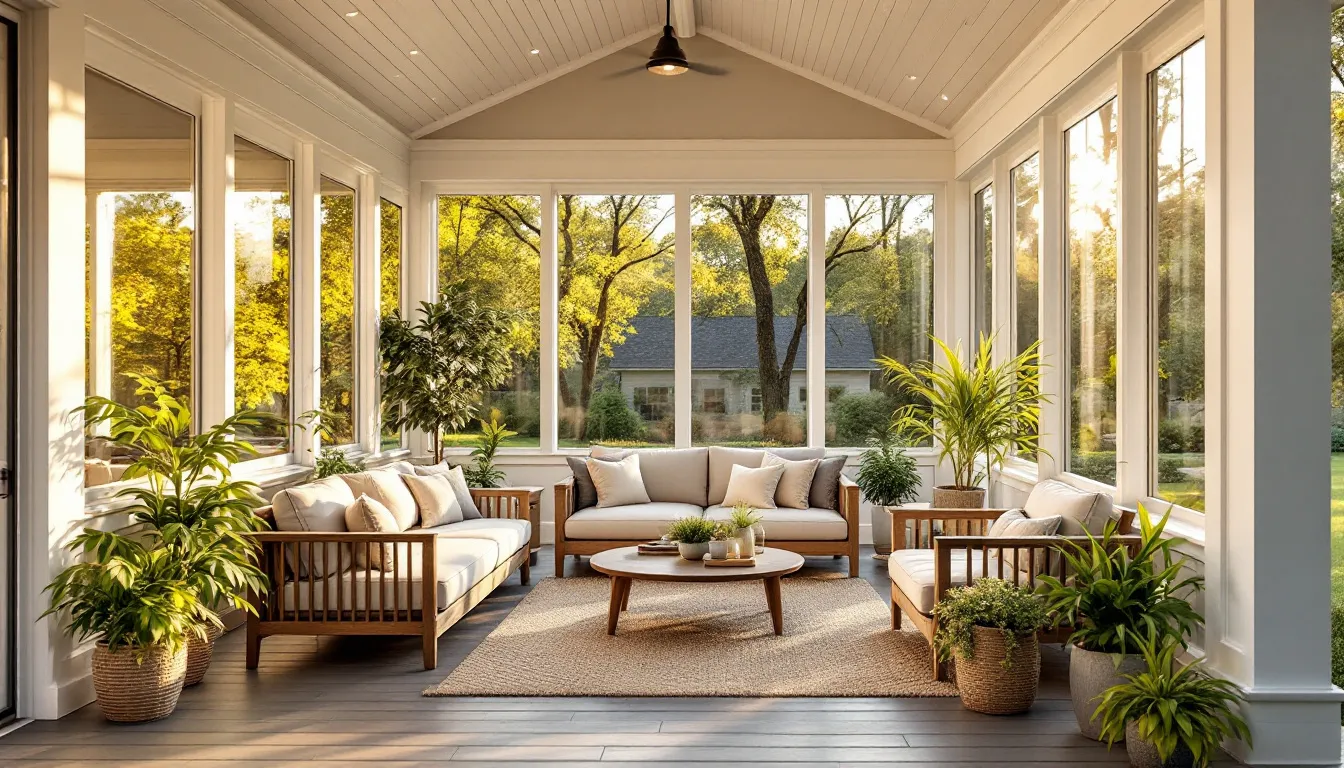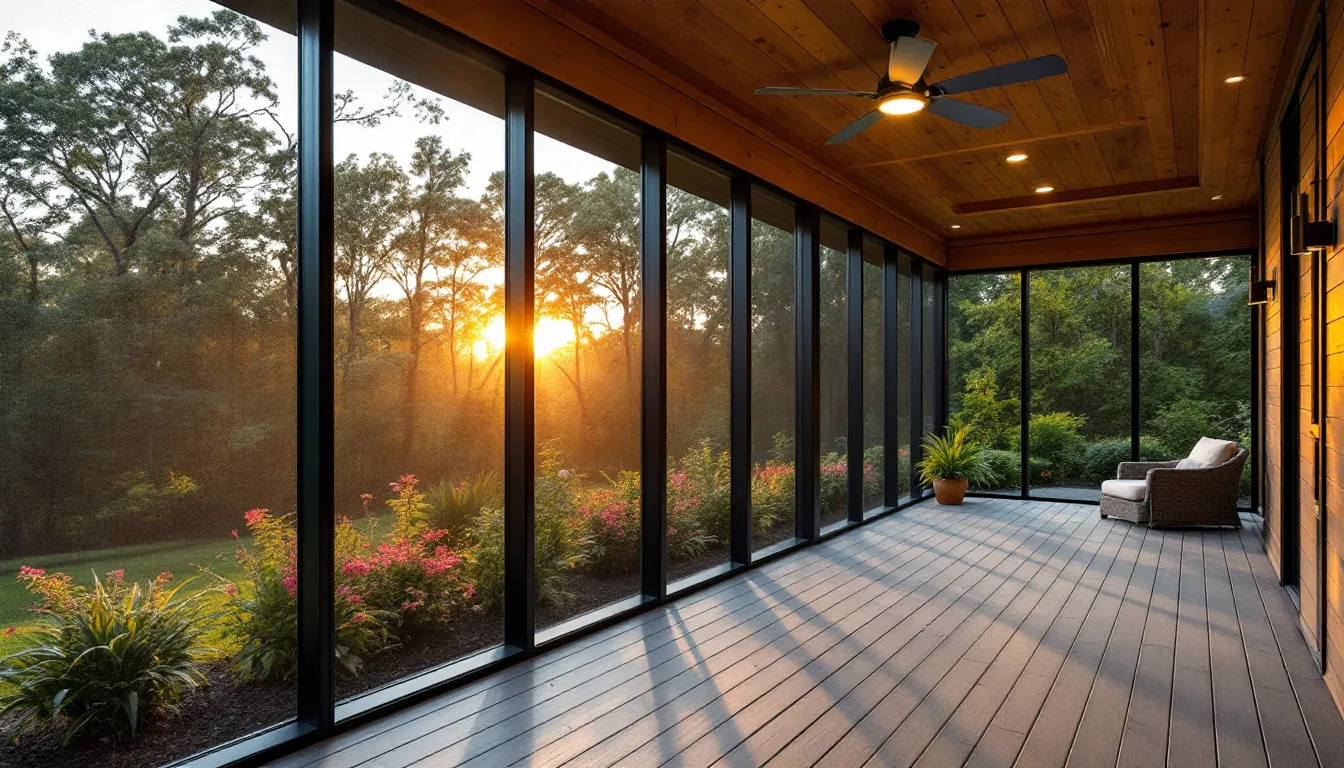Highlights
- Total cost ranges from $2,200-$5,000 for average installations
- Material costs: $26-$65 per square foot
- Installation labor: $50-$80 per square foot
- Hidden costs include removal, disposal, and finishing
- Cost-saving opportunities through seasonal timing and material selection
- Long-term maintenance costs average $150-300 annually
- Lifespan of 15-20 years with proper care
Installing Corian countertops costs between $2,200 and $5,000, with most homeowners paying around $3,950 for an average-sized kitchen. The material itself ranges from $26 to $65 per square foot, while professional installation adds $50 to $80 per square foot.
Factors like color choice, thickness, and finish significantly impact the final price – with darker colors and high-gloss finishes costing up to 30% more than standard options. When budgeting, remember to account for additional costs like backsplash installation ($1,000 on average) and old countertop removal fees.
Average Corian Countertop Costs Nationwide
Understanding the total cost of solid surface countertops requires breaking down various price components. Kitchen countertops made from this material offer a balance between durability and cost, making them a popular choice among homeowners seeking alternatives to natural stone or quartz countertops.
Material Costs Per Square Foot
The base material costs for solid surface counters range from $26 to $65 per square foot. This price variation reflects different grades and styles available in the market. Basic colors and patterns start at the lower end, while premium designs with enhanced durability and stain resistant properties command higher prices. When compared to other materials like granite or quartz, these costs remain competitive while offering similar surface quality.
Cost Comparison Table:
| Material Grade | Price per Square Foot |
|---|---|
| Basic | $26–$35 |
| Standard | $35–$50 |
| Premium | $50–$65 |
Labor and Installation Costs
Professional countertop installation typically runs between $50 to $80 per square foot, with labor statistics showing an average of $75 per hour. This cost includes essential steps like measuring, cutting, seaming, and finishing. Installation labor costs may increase for projects requiring special attention to heat resistance features or complex configurations. A standard kitchen project usually takes 6-8 hours to complete.
Total Project Cost Examples for Different Kitchen Sizes
Project costs vary significantly based on square footage and layout complexity. A small kitchen requiring 30 square feet of countertop surface might cost $2,200-$3,000 total, while larger projects covering 60 square feet can reach $5,000. These estimates include both material and labor costs, along with basic finishing work.
What Affects Corian Countertop Pricing?
Several factors influence the final price of your project, from material selection to installation complexity. Understanding these elements helps in budgeting accurately for your kitchen or bathroom renovation.
Color and Pattern Costs
Basic colors like whites and beiges are generally more affordable, starting at $30 per square foot. Premium patterns and custom color combinations can increase material costs up to $80 per square foot. The complexity of matching patterns across seams may also affect labor costs.
Thickness and Grade Pricing
Standard thickness options impact both durability and price:
| Thickness | Price Range per Square Foot |
|---|---|
| 1/4 inch | $26–$35 |
| 1/2 inch | $35–$50 |
| 3/4 inch | $50–$65 |
Surface Finish Price Differences
Finish options affect both appearance and maintenance requirements. Matte finishes typically cost less than semi gloss or high-gloss options. Premium finishes may require special tools and techniques during installation, increasing labor costs.
Edge Style Cost Variations
Edge profiles significantly impact the final price:
| Edge Style | Additional Cost per Linear Foot |
|---|---|
| Basic Square | Included |
| Bullnose | $10–$15 |
| French Cove | $25–$35 |
| Custom Profiles | $35–$50 |
Layout Complexity Impact on Price
Complex layouts requiring multiple seams, cutouts for sinks, or special features like integrated cutting board areas increase both material and labor costs. Projects requiring full sheet usage typically cost more than those utilizing standard sizes. Additional charges may apply for:
- Corner configurations
- Island installations
- Multiple seam requirements
- Custom angles and curves
- Appliance cutouts
Installation Cost Factors Table:
| Complexity Level | Additional Cost |
|---|---|
| Basic Layout | Standard Rate |
| Moderate Complexity | +15–25% |
| High Complexity | +25–40% |
| Custom Design | +40–60% |
Hidden Costs When Installing Corian Countertops
When planning your countertop installation project, several additional expenses often surprise homeowners. Beyond basic material costs and labor statistics, these hidden charges can significantly impact your total cost. Understanding these extras helps create a more accurate budget for your kitchen or bathroom renovation.
Removal and Disposal of Old Countertops
The process of removing existing surfaces requires skilled labor and proper disposal methods. Contractors typically charge $200-$400 for removal services, depending on the material and square footage. Heavy materials like natural stone or solid surface counters may incur higher disposal fees due to their weight.
Hidden Cost Breakdown Table:
| Service Type | Average Cost Range |
|---|---|
| Demolition Labor | $150–$300 |
| Disposal Fees | $100–$250 |
| Special Material Handling | $50–$150 |
| Site Protection | $50–$100 |
Sink and Appliance Cutout Charges
Creating precise cutouts for sinks, cooktops, and other fixtures requires specialized tools and expertise. Each cutout typically costs $100-$200, with complex shapes or multiple cutouts increasing labor costs. Contractors must ensure proper heat resistance around hot surfaces and maintain the material’s durability during cutting.
Backsplash Installation Fees
Adding a matching backsplash extends both material costs and labor expenses. Installation runs $10-$50 per linear foot, depending on height and complexity. This process includes proper surface preparation and finishing to prevent stains and ensure easy cleaning with standard window cleaners.
Delivery and Transportation Costs
Transportation of full sheet materials requires special handling and equipment. Delivery fees typically range from $100-$300, varying by distance and accessibility. Some contractors include this in their total cost, while others list it separately.
Seam Joining and Finishing Costs
Professional seaming ensures a non porous, continuous surface. Using color matched epoxy and specialized tools, contractors charge $100-$200 per seam. This process is crucial for maintaining the countertop’s scratch resistant properties and overall durability.
Cost Comparison with Other Countertop Materials
Understanding how solid surface countertops compare financially with alternatives helps in making an informed decision. Each material offers different benefits in terms of durability, maintenance, and resale value.
Corian vs. Natural Stone Prices
Natural stone options like granite and quartz countertops generally cost more than solid surface materials. While stone provides superior heat resistance and scratch resistance, it requires more maintenance and specialized care.
Material Comparison Table:
| Material Type | Cost per Square Foot Installed |
|---|---|
| Solid Surface | $50–$100 |
| Granite | $60–$120 |
| Quartz | $65–$135 |
| Marble | $75–$150 |
Corian vs. Other Solid Surface Costs
Different brands of solid surface material vary in price and features. While all offer similar durability and non porous properties, some premium options include enhanced stain resistant technology or unique natural minerals in their composition.
Budget-Friendly Alternatives
More affordable options include laminate and wood block countertops. These materials offer decent durability at lower price points, though they may not match solid surface counters in terms of longevity or repair options.
Long-Term Cost Considerations
When evaluating expenses over time, consider maintenance requirements, potential repair needs, and impact on home resale value. Solid surface countertops typically offer good value due to their renewable surface and ability to repair minor scratches and stains without full replacement.
Ways to Save Money on Corian Countertops
While solid surface countertops represent a significant investment, several strategies can help reduce the total cost without compromising quality. Understanding market timing, material selection, and installation options can lead to substantial savings on your kitchen or bathroom project.
Best Time to Buy and Install
Labor statistics show that countertop installation costs tend to decrease during off-peak seasons. Winter months typically offer better pricing as demand for home renovation projects drops. Contractors often provide discounts of 10-20% during these slower periods.
Money-Saving Seasonal Guide:
| Season | Average Savings |
|---|---|
| Winter (Dec–Feb) | 15–20% |
| Fall (Sept–Nov) | 10–15% |
| Spring (Mar–May) | 5–10% |
| Summer (Jun–Aug) | Standard Rates |
Choosing Cost-Effective Colors and Styles
Basic colors and standard patterns in solid surface material generally cost less than premium options. Selecting simpler edge profiles instead of expensive french cove or decorative edges can save $10-25 per linear foot. Standard finish options like semi gloss are more affordable than high-end finishes.
DIY-Friendly Installation Tasks
While full sheet installation requires professional expertise, homeowners can handle certain aspects to reduce labor costs. Tasks like removing old countertops or installing cutting boards can be completed independently with basic tools. However, critical procedures involving heat resistant seams or precise measurements should be left to professionals.
Negotiating with Contractors
Understanding material costs and labor statistics helps in negotiating better rates. Getting multiple quotes for your project and discussing square footage pricing can lead to competitive offers. Some contractors may reduce costs when combining kitchen countertops with bathroom installations.
Long-Term Costs of Owning Corian Countertops
Solid surface counters offer durable performance, but various factors affect their long-term cost of ownership. Understanding maintenance requirements and potential repair needs helps in planning future expenses and protecting your investment.
Regular Maintenance Expenses
The non porous nature of solid surface material makes routine maintenance relatively affordable. Basic cleaning requires only standard window cleaners and soft cloths. Annual maintenance costs typically include:
Maintenance Cost Breakdown:
| Item | Annual Cost |
|---|---|
| Cleaning Supplies | $30–$50 |
| Protective Products | $20–$40 |
| Professional Deep Clean | $100–$200 |
| Heat Protection Tools | $40–$60 |
Repair and Refinishing Costs
Minor scratches and stains can often be addressed using color matched epoxy or buffing techniques. Professional repair services for solid surface counters generally cost less than natural stone or quartz countertops repairs. Small repairs might require:
- Surface buffing: $100-200
- Scratch removal: $150-300
- Stain treatment: $75-150
- Heat damage repair: $200-400
Replacement Cost Planning
While durable, solid surface countertops eventually need replacement. Planning for future costs should consider:
- Current material costs trends
- Installation labor rates
- Potential alternatives like natural minerals based materials
- Impact on home resale value
Consider setting aside 1-2% of the initial installation cost annually for future replacement. This approach helps manage the expensive option of full replacement when needed, typically after 15-20 years of use.
